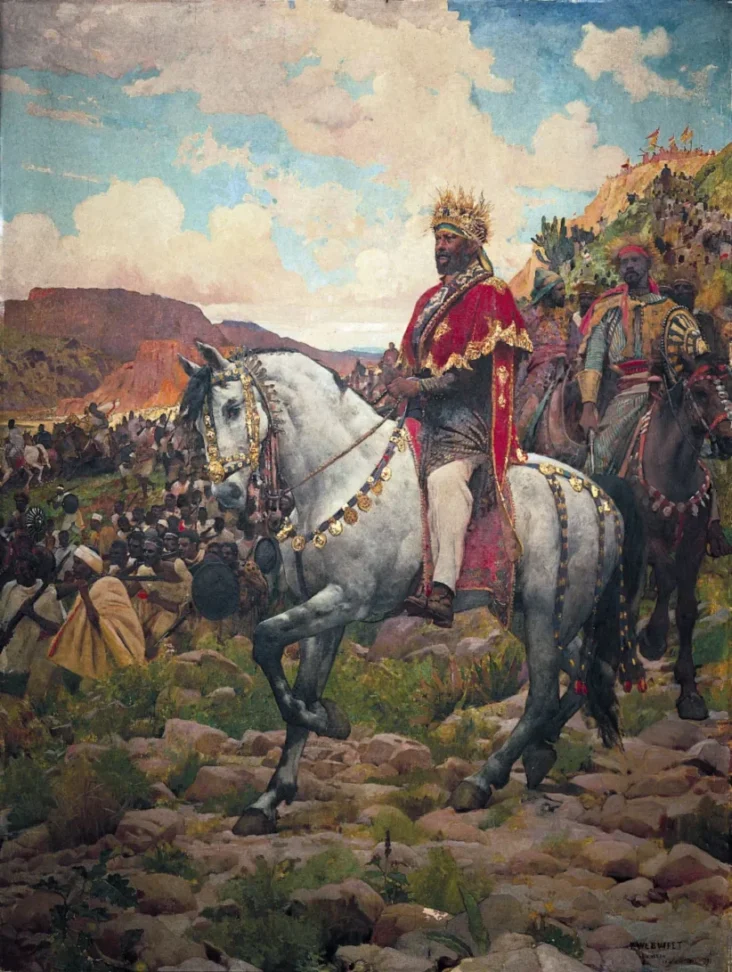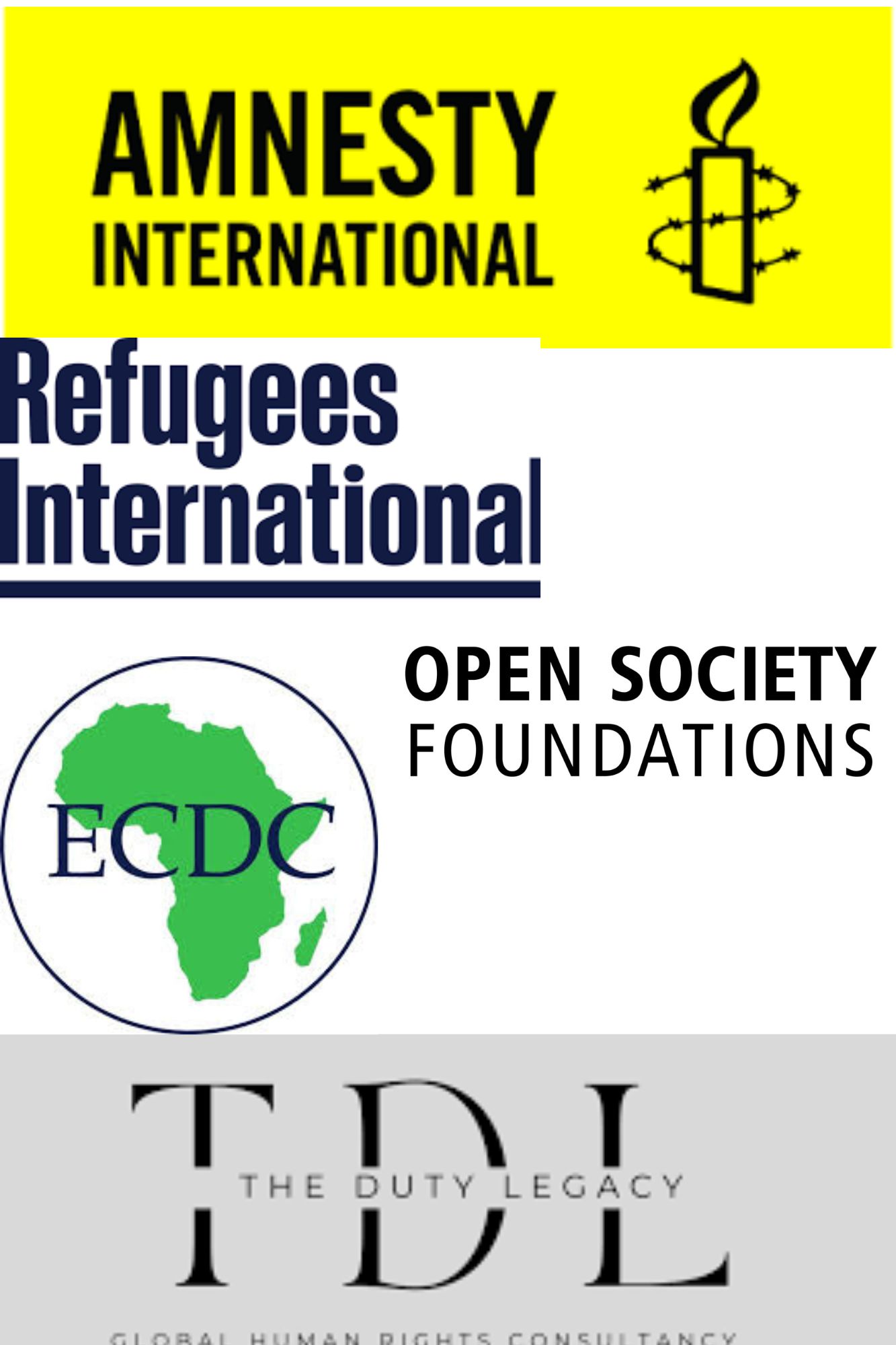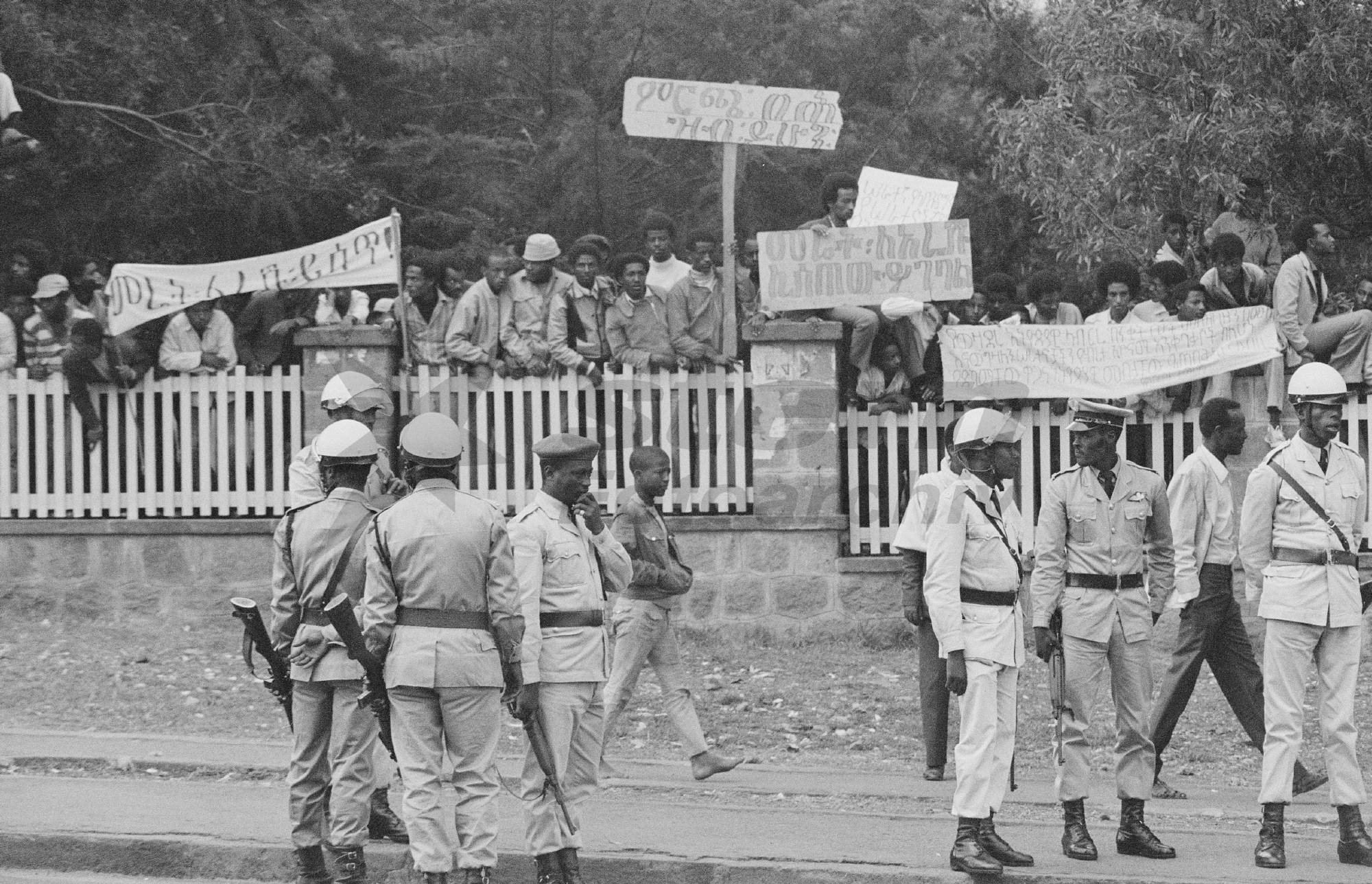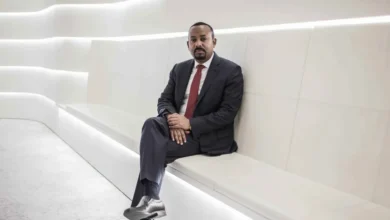The Downward Spiral of Collective Intelligence Among Ethiopia’s Political Elites: A Detailed Historical Analysis
Get Dirty Or Die Trying – Analysis

Introduction
Ethiopia’s political trajectory from the reign of Emperor Menelik II (1889–1913) to the current administration of Prime Minister Abiy Ahmed (2018–present) showcases a significant decline in the collective intelligence of its political elites. This article delves into the intricacies of this decline, examining the decision-making processes, governance, diplomacy, and accountability that have shaped Ethiopia’s political history.
Ethiopia is currently and increasingly experiencing a cocktail of Arrogance, Ignorance, and Incompetence among its so called political elites. I am talking about recycling of mediocre, incompetent, uninspiring, and, quite possibly, criminal officials in government or civil service.
Get Dirty Or Die Trying – Analysis by Girma Berhanu (Professor)
The analysis spans from Ethiopia’s monarchical periods, including the reigns of Empress Zewditu (1916–1930) and Emperor Haile Selassie (1930–1974), through the military regime of the Derg (1974–1991), the ethnic-federalist regime of the EPRDF/TPLF (1991–2018), to the current administration. The need for this exploration is underscored by recent events, such as the war in Northern Ethiopia and the massacre of ethnic Amhara civilians in the Wollega region, which highlight the severe consequences of declining political intelligence and moral accountability.
Historical Context and Leadership Analysis
Emperor Menelik II (1889–1913)
Emperor Menelik II is celebrated for his strategic acumen and diplomatic prowess, particularly evident in the historic Battle of Adwa in 1896, where Ethiopian forces triumphed over Italian invaders. Menelik’s leadership was characterized by high emotional intelligence (EQ) and a strong positive character (CQ), fostering unity among diverse Ethiopian ethnic groups and treating captives with dignity and respect. His leadership style promoted a sense of national pride and cohesion.
Empress Zewditu (1916–1930) and Emperor Haile Selassie (1930–1974)
Empress Zewditu’s reign marked the continuation of Ethiopia’s resistance to foreign domination, but it was during Emperor Haile Selassie’s rule that Ethiopia saw substantial modernization and international diplomacy.
Haile Selassie played a pivotal role in decolonizing Africa and founding the Organization of African Unity (OAU). His leadership was a blend of modern education initiatives and traditional values, though it faced challenges from the introduction of Western political ideologies, including communism and socialism.
Get Dirty Or Die Trying – Analysis by Girma Berhanu (Professor)
The period under Haile Selassie demonstrated a robust collective intelligence among political elites, who were generally well-educated and committed to national development. However, internal contradictions and inadequate policy execution occasionally undermined these efforts, contributing to a gradual decline in effective governance.
The Derg Regime (1974–1991) and EPRDF/TPLF (1991–2018)
The Derg regime, under Mengistu Haile Mariam, marked a significant departure from Ethiopia’s monarchical traditions, instituting a brutal military dictatorship under a Marxist-Leninist ideology. This period was characterized by widespread human rights abuses, economic mismanagement, and internal purges that decimated the intellectual and political elite.
The transition to the EPRDF/TPLF era saw the introduction of ethnic federalism, which, while intended to empower various ethnic groups, often exacerbated ethnic tensions and undermined national unity. The political elites during this period exhibited a marked decline in collective intelligence, characterized by ethnocentric politics, corruption, and authoritarian tendencies. The frequent internal conflicts and governance failures highlighted the inability of the political class to learn from past mistakes and adapt to changing circumstances.
Contemporary Leadership and Challenges
Prime Minister Abiy Ahmed (2018–Present)
Prime Minister Abiy Ahmed’s tenure began with high hopes for political reform and national reconciliation. However, the administration has struggled with significant challenges, including the genocidal war in Northern Ethiopia and ethnic violence in regions such as Oromia. The federal government’s failure to effectively address the TPLF’s insurgency and other internal conflicts has raised serious concerns about the collective intelligence and moral integrity of the current political elites.
The contemporary political landscape is marred by intellectual complacency and moral disengagement, where short-term political gains often take precedence over long-term national interests. The lack of cohesive national identity and accountability among the political class continues to fuel instability and violence.
Analysis of Collective Intelligence Decline
Policy Measures and Governance
From the progressive policies of Menelik II and Haile Selassie, Ethiopia’s governance has shifted towards reactive and often repressive measures under subsequent regimes. The Derg’s agrarian reforms and brutal suppression tactics, followed by the EPRDF/TPLF’s ethnic federalism, have failed to produce sustainable development or national cohesion.
Diplomacy and International Relations
Menelik II’s and Haile Selassie’s diplomatic initiatives positioned Ethiopia as a key player in African politics. In contrast, the Derg’s isolationist policies and the EPRDF/TPLF’s inward-focused governance reduced Ethiopia’s influence on the global stage. The current administration’s diplomatic efforts are complicated by internal strife and inconsistent foreign policies.
Accountability and Ethical Leadership
The decline in ethical leadership and accountability is stark. Earlier rulers like Menelik II and Haile Selassie maintained a certain moral high ground, even when their policies had flaws. The Derg and EPRDF/TPLF eras, however, witnessed rampant corruption, human rights abuses, and political purges, eroding public trust. Today, the federal government’s complicity in ethnic violence further undermines its legitimacy.
Educational and Moral Foundations
Traditional education systems that emphasized moral and social responsibility have been replaced by politically influenced curricula that often serve regime interests. This shift has led to a decline in the moral and intellectual caliber of political elites, who now often lack the historical knowledge and ethical grounding necessary for effective governance.
Conclusion
Ethiopia’s political history reflects a concerning decline in collective intelligence among its leaders and elites. From the strategic, unifying leadership of Emperor Menelik II to the divisive and often incompetent governance of recent administrations, the country’s political evolution highlights the importance of collective intelligence, ethical leadership, and national unity.
Addressing the root causes of this decline—such as ethnically based politics, lack of accountability, and moral disengagement—is crucial for Ethiopia’s future stability and development. Fostering a culture of learning, ethical governance, and collective intelligence among political elites is imperative for overcoming current challenges and building a cohesive and prosperous nation.
EAR- Editorial Note
This opinion is sourced from an article by Girma Berhanu, published by Eurasia Review. Girma Berhanu is a professor of special education at the Department of Education and Special Education, University of Gothenburg, Sweden, where he teaches research methodology and special education courses.
https://www.eurasiareview.com/20022022-get-dirty-or-die-trying-analysis/




